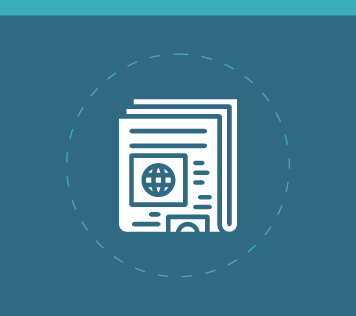WASHINGTON – The American Council of Life Insurers (ACLI) today unveiled the results of its October 2025 Financial Resilience Index, which measures middle-class households’ abilities to manage financial challenges and plan for a stable future.
The October Index found strong resource resilience continues to keep the Financial Resilience Index in positive territory for the 8th consecutive quarter but continued inflationary pressures compared to historical norms and slowing income growth may be driving concerns for middle-class households. Additionally, the Index found:
- Financial resilience is holding steady at slightly above its historical average.
- Resource resilience is still above historical standards, though the pace of gains has been slowing over the past year.
- Cost pressures are still elevated for middle-class households, despite coming down over the past two years, as inflation hovers just above historical norms.
October 2025 Financial Resilience Index Report
In Q2 2025, the Headline Index – the score used to measure households’ overall financial resilience – was 7.3, up 2 points from the previous quarter but down 21 points from Q2 last year. This score is essentially unchanged from last quarter and suggests that middle-class financial resilience is holding steady at slightly above its historical average.
The Financial Resilience Index’s accompanying survey – a nationally representative survey conducted quarterly by YouGov – gives a snapshot of how middle-class households are feeling about the state of their finances.
Key findings show that many middle-class households are nervous about the near future, with 50% of middle-class households concerned about sustainably affording daily essentials over the next year. Additionally, 41% of middle-class households would go into debt or borrow to pay for an unexpected $5,000 expense.
“While the stability of the Financial Resilience Index is a positive sign for people’s overall economic well-being, many middle-class families still struggle with unexpected expenses,” said ACLI President & CEO David Chavern. “The guidance, products, and tools life insurers offer protect Americans from these and other challenges to their financial futures.”
The latest findings from the Financial Resilience Index emphasize the complex financial landscape faced by middle-class Americans and the urgent necessity for tailored financial solutions to aid in navigating these challenges and enhancing their overall financial security.
About the Financial Resilience Index
ACLI’s Financial Resilience Index, which is released quarterly, measures the ability of the middle-class to manage life’s challenges and plan for a stable future. The index tracks 26 different variables that represent typical cost pressures for middle-class households (like housing, gas and childcare) and the financial resources that are available to meet them (like income, access to credit and retirement assets). By tracking the direction and magnitude of cost pressures and resources, the index reflects how middle-class financial resilience changes over time, and what is driving improvement or decline.
About the Financial Resilience Survey
ACLI’s Financial Resilience Survey is a nationally representative survey conducted by YouGov on behalf of ACLI, as a complement to the Financial Resilience Index. The survey explores how middle-class respondents understand their own financial resilience by asking questions about economic mobility, financial stressors, financial stability, and safety nets. The quarterly survey consists of two questions about financial resilience, one recurring question that will be asked at the same time each year and one that will vary within the larger theme of middle-class financial health, stress, and resilience. Respondents of all household income levels respond to the survey, with reporting focused on middle-class respondents – those earning $50,000-$150,000 in annual household income.
ACLI’s latest Financial Resilience Survey was conducted online within the United States by YouGov on behalf of ACLI from June 27 – July 2, 2025, among 3,331 adults ages 18 and older. This report primarily presents the survey results for the 1,309 respondents from middle-class households—those earning $50,000 to $149,999 in annual household income. Upper-income households are those earning $150,000 or more in annual household income and lower-income households are those earning less than $50,000 in annual household income. This report only presents comparisons between subgroups that are statistically significant. For complete survey methodology, including subgroup sample sizes and information about statistical significance, please contact ACLI.
For more information about both the index and the survey please visit: Financial Resilience Index.
About ACLI
The American Council of Life Insurers (ACLI) is the leading trade association driving public policy and advocacy on behalf of the life insurance industry. 90 million American families rely on the life insurance industry for financial protection and retirement security. ACLI’s member companies are dedicated to protecting consumers’ financial wellbeing through life insurance, annuities, retirement plans, long-term care insurance, disability income insurance, reinsurance, and dental, vision and other supplemental benefits. ACLI’s 275 member companies represent 93 percent of industry assets in the United States.
# # #
